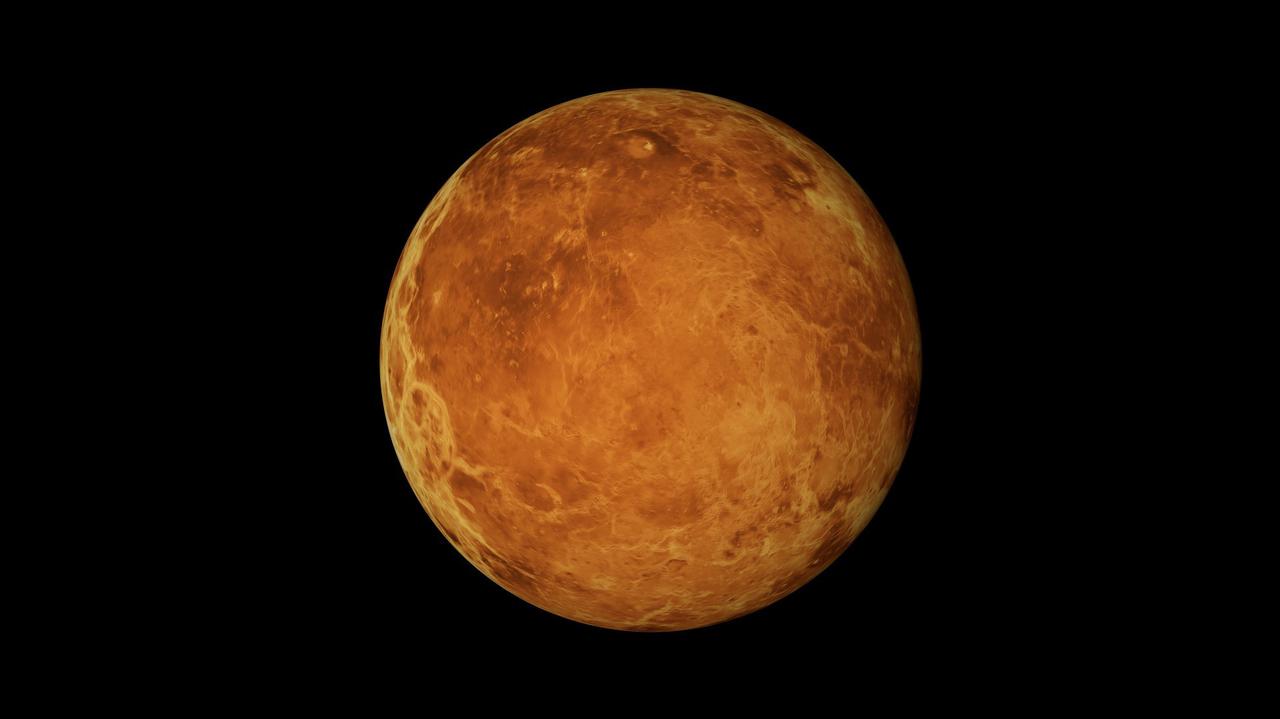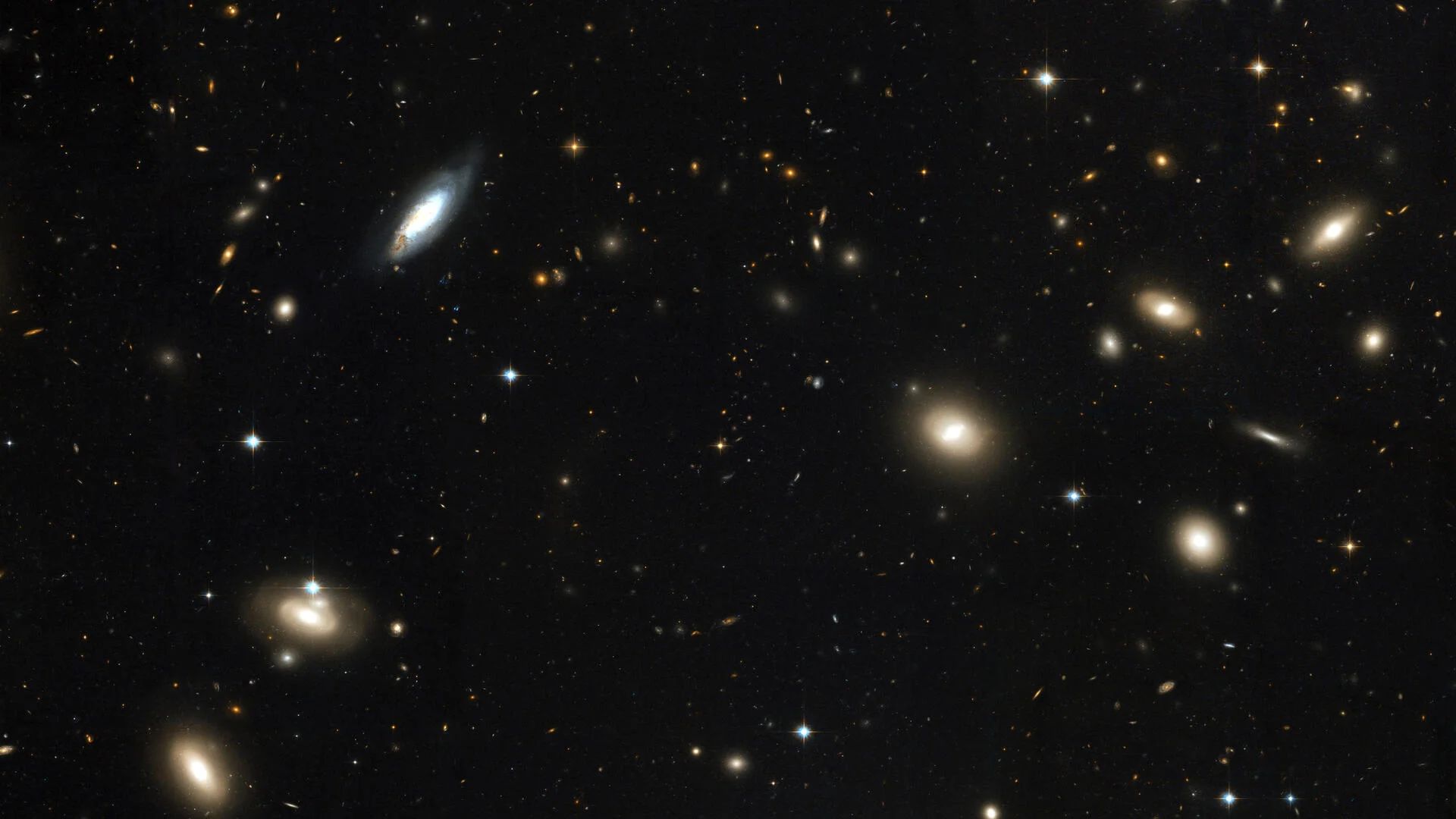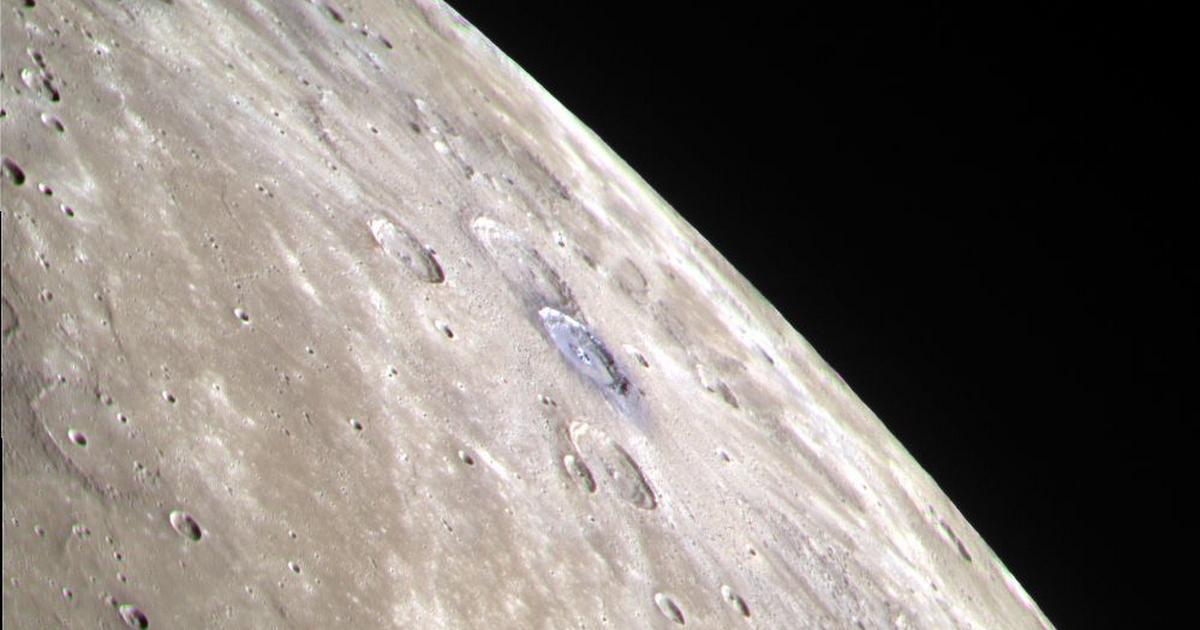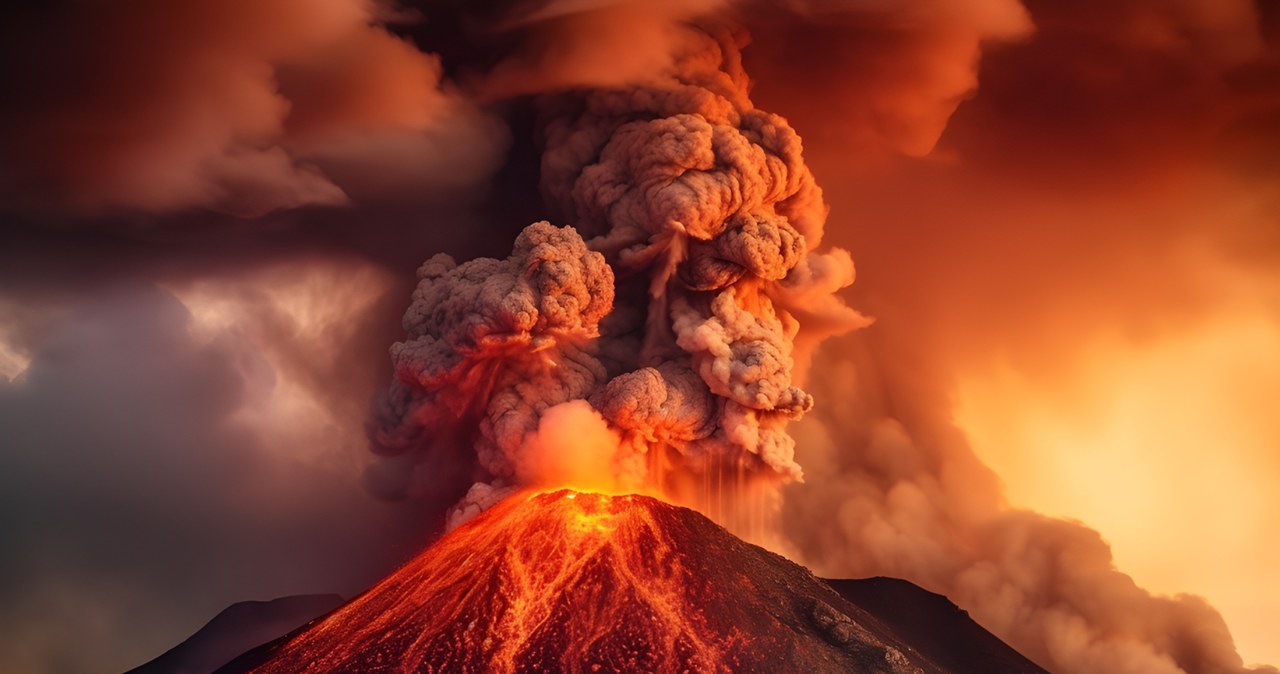Researchers from the University of Cambridge say the puzzling activity of sulfur in the rich clouds covering Venus cannot be explained by signs of life. As they argue, any life form would leave a chemical trace in the atmosphere associated with metabolism. However, they did not find such traces, disproving the theory that was several decades ago.
“We’ve spent the past two years trying to explain the unusual sulfur chemistry observed in the clouds of Venus. Life is pretty good at dealing with unusual chemical reactions, so we’ve done research to see if the presence of life can explain what we’re observing, says Dr. Paul Reimer of the University of Cambridge, co-author of the publication, which appeared June 14 in the journal Nature Communications.
According to lead author Sean Jordan, the scientists, using biochemical and atmospheric chemistry models, “looked at the ‘foods’ that contain sulfur that are available in the atmosphere of Venus.” It is not something anyone would like to eat, but it is the main source of energy available locally. He explains that if life were to consume this food, we would see traces of it in the form of certain substances that could be added or lost in the atmosphere.
There is no life on Venus, but “there are many unusual reactions to study”
Scientists have investigated the reactions of organisms related to sulfur dioxide. On Venus, large amounts are found in the lower clouds, but much less at higher altitudes. If life exists on this planet, it must affect the chemistry of the atmosphere. So, could this be the reason for the low sulfur dioxide levels? asks study co-author Dr. Oliver Shorttel.
The results of the analyzes show that there are no living organisms associated with the unusual behavior of sulfur in the atmosphere of Venus. As Dr. Jordan explains, “If this life were responsible for the sulfur dioxide levels observed on Venus, it would conflict with everything we know about the planet’s atmosphere.” “We wanted life to be a reasonable explanation, but we analyzed our models and this is not a possible solution,” he asserts. In his opinion, “However, if life is not responsible for what we see on Venus, we still have a problem to solve.” – There are many unusual reactions on this planet that need to be studied – adds the scientist.
VenusMaciej Zieliński, Adam Ziemienoicz / PAP
“What we learned in this study can be used to analyze exoplanets.”
The method developed by the Cambridge team may help investigate similar secrets, not just those hidden by our neighboring planet. It may be very useful in searching for traces of life on exoplanets as observed by the James Webb Space Telescope. This instrument should be able to detect various substances in the atmosphere of distant Earths, including sulfur compounds. To understand why some planets survive, we need to know why others die. Dr. Shorttl notes that if life somehow managed to hide in the clouds of Venus, it would completely divert the search for chemical traces of life on other planets. As Dr. Reimer points out, “Even if Venus dies, it is possible that similar planets in other systems could harbor life,” he adds, “What we learned in this study, we can use to analyze exoplanets.
Venus is the second farthest planet from the sun. Solar System. They are classified as rocky (or terrestrial) planets. Due to its similar size, mass, and chemical composition, it is sometimes called the “twin planet” or “Earth’s sister.”
PAP, space.com, tvnmeteo.pl
Main image source: stock struggle

Echo Richards embodies a personality that is a delightful contradiction: a humble musicaholic who never brags about her expansive knowledge of both classic and contemporary tunes. Infuriatingly modest, one would never know from a mere conversation how deeply entrenched she is in the world of music. This passion seamlessly translates into her problem-solving skills, with Echo often drawing inspiration from melodies and rhythms. A voracious reader, she dives deep into literature, using stories to influence her own hardcore writing. Her spirited advocacy for alcohol isn’t about mere indulgence, but about celebrating life’s poignant moments.










